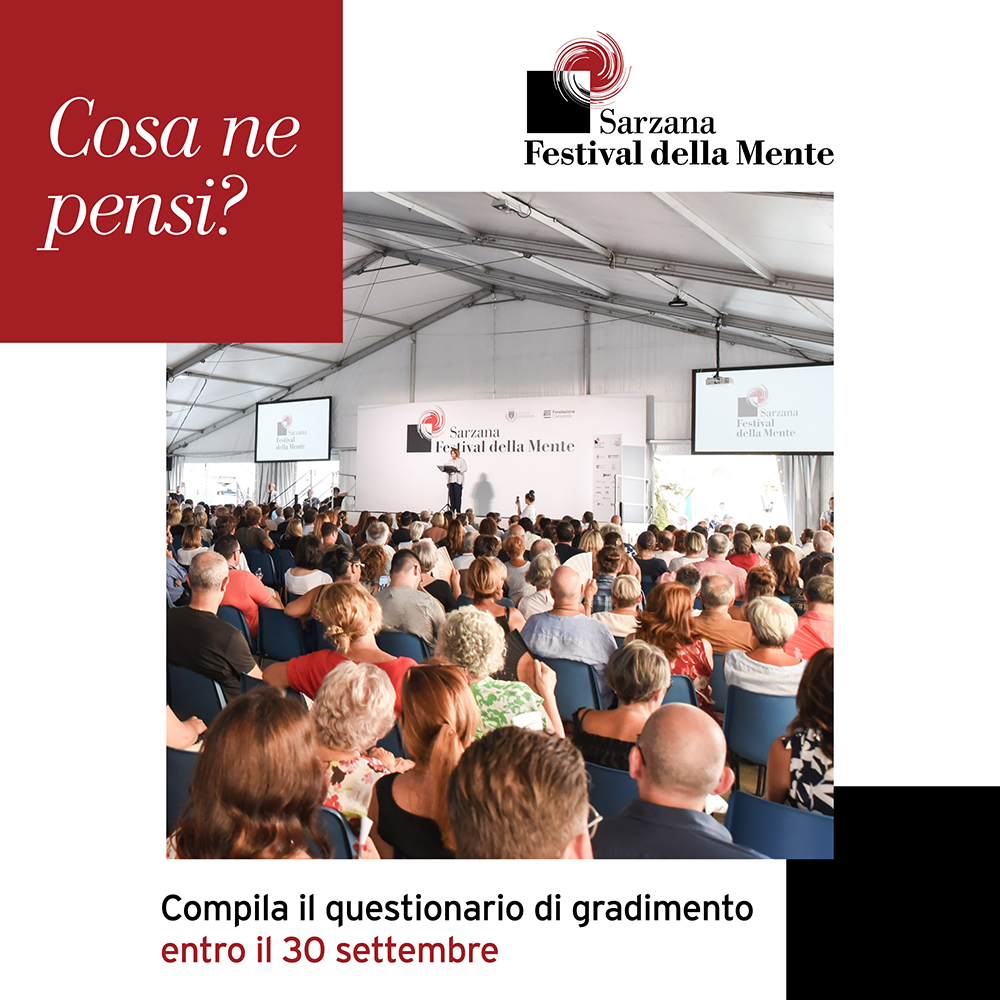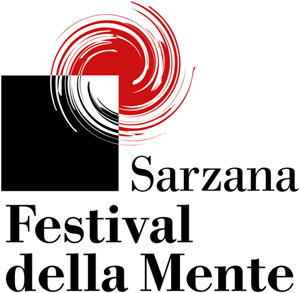2011 Programme
Evento n.6
Zygmunt Bauman
Reflections on the notions of community and network, on social networks and Facebook
The term ‘network’ is rapidly replacing ‘society’ in the social science discourse as well as in spoken language. But what is the difference between a network and a community? Being part of a community is a safer, more reliable condition, although it places greater restraints on the individual than just having a network of contacts. Unlike the network, the community allows little leeway to the individual; on the other hand, one can rely upon the community when in need. We are thus faced with the choice between security and freedom, and the former cannot be achieved without sacrificing the latter, at least in part. In terms of security, the community wins over the network; in terms of freedom the opposite is true. Yet what concerns us today is not the violation of our privacy but its contrary. At the basis of social networking is an exchange of personal information, and it is mistaken to think that the need and willingness to publicly display one’s ‘inner self’ are expressions of a purely generational urge or addiction.
https://www.festivaldellamente.it/it/live-streaming-alessandro-barbero/is Professor Emeritus of Sociology at the universities of Leeds and Warsaw, and one of the leading thinkers of our time. He has written extensively on the globalized society, on individualization processes, on shifts in our definitions of ‘public’ and ‘private’, and on the philosophical and moral impact of new capitalism. His notion of ‘liquid modernity’ has influenced international research in sociology and cultural studies. Among his recent books available in Italian are: Individualmente insieme (Diabasis, 2008); La decadenza degli intellettuali (2007) and Modernità e ambivalenza (2010), published by Bollati Boringhieri. Modernità liquida (2002), Modus vivendi (2008), Paura liquida (2008), Consumo dunque sono (2008), Capitalismo parassitario (2009), L’etica in un mondo di consumatori (2010), Vite che non possiamo permetterci (2011) were all published by Laterza.
Evento n.6
Zygmunt Bauman
Reflections on the notions of community and network, on social networks and Facebook

Evento n.14
Gian Carlo Calza
Different, eccentric, extraordinary: aesthetics and creativity between Asia and the West

Evento n.26
Franco Borgogno
In other people’s hearts and minds. A psychoanalyst between tradition and creativity

Evento n.37
Sonia Bergamasco, Fabrizio Gifuni
A quiet sunny day. Attilio Bertolucci and Pier Paolo Pasolini, a friendship in verse






















